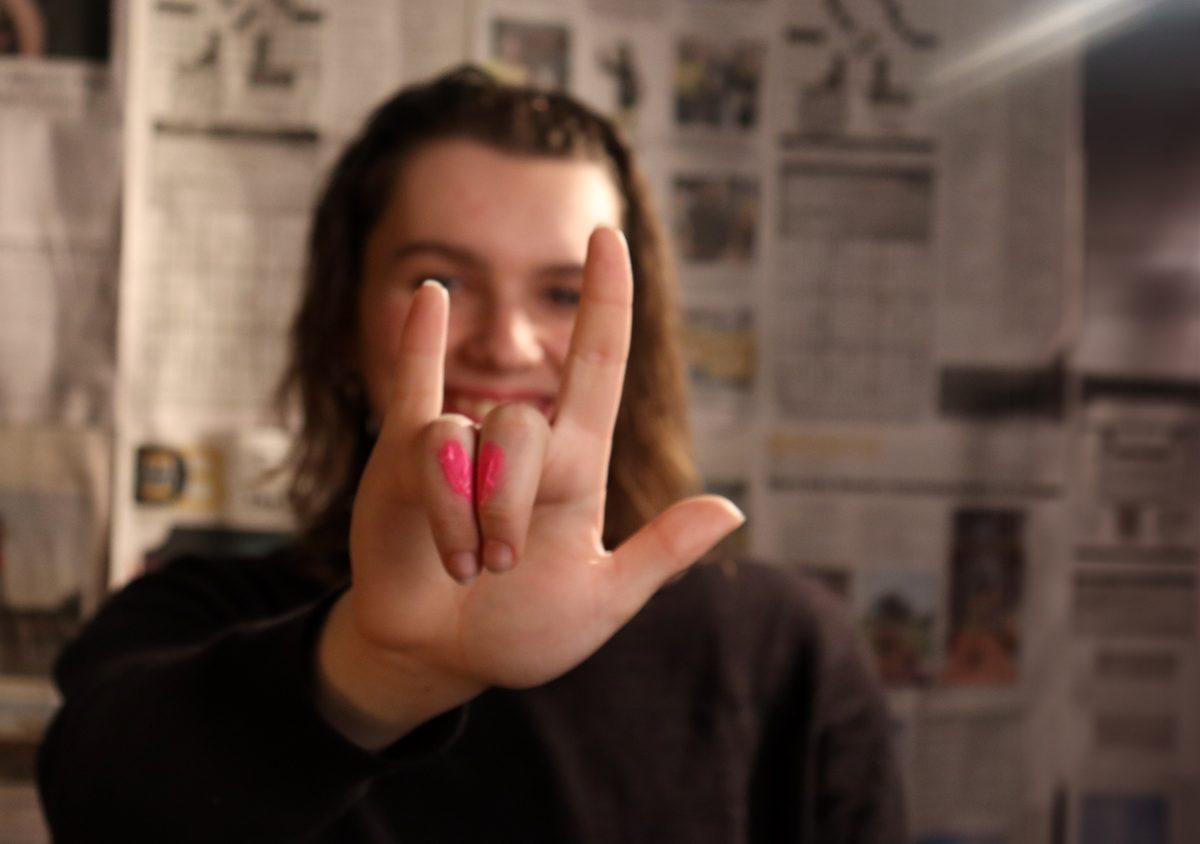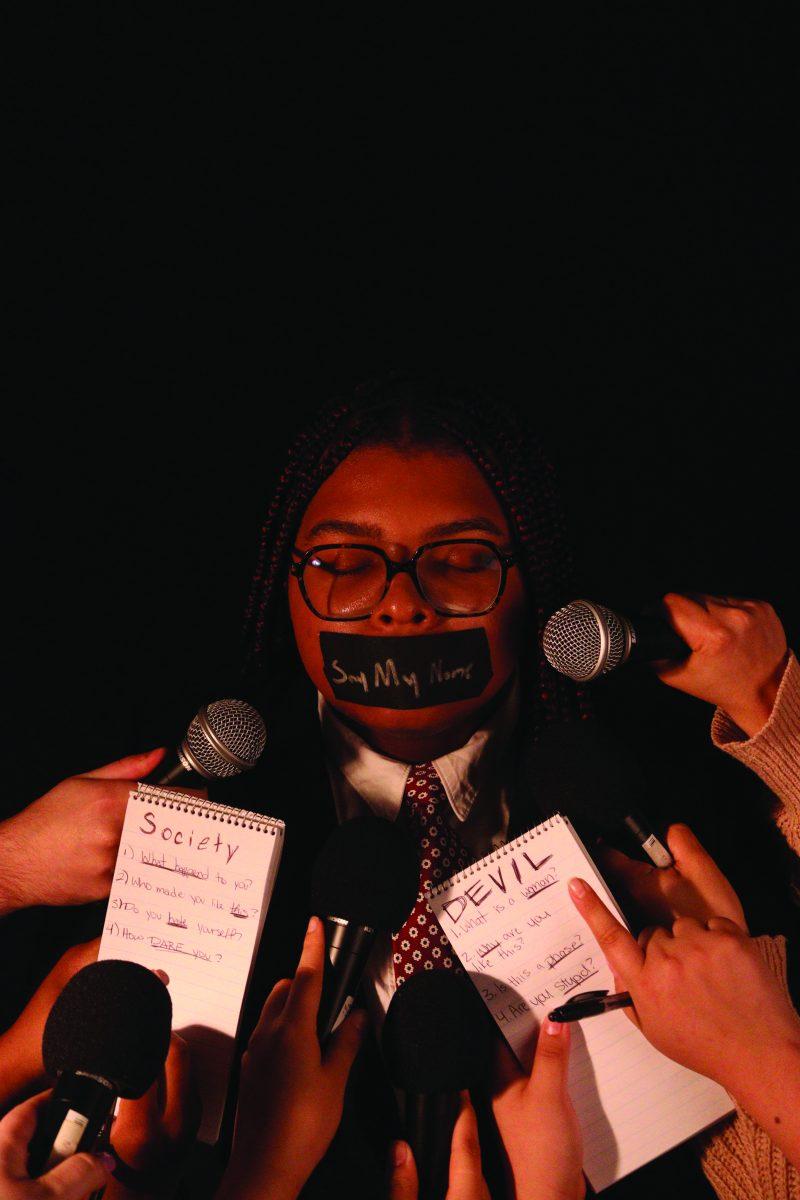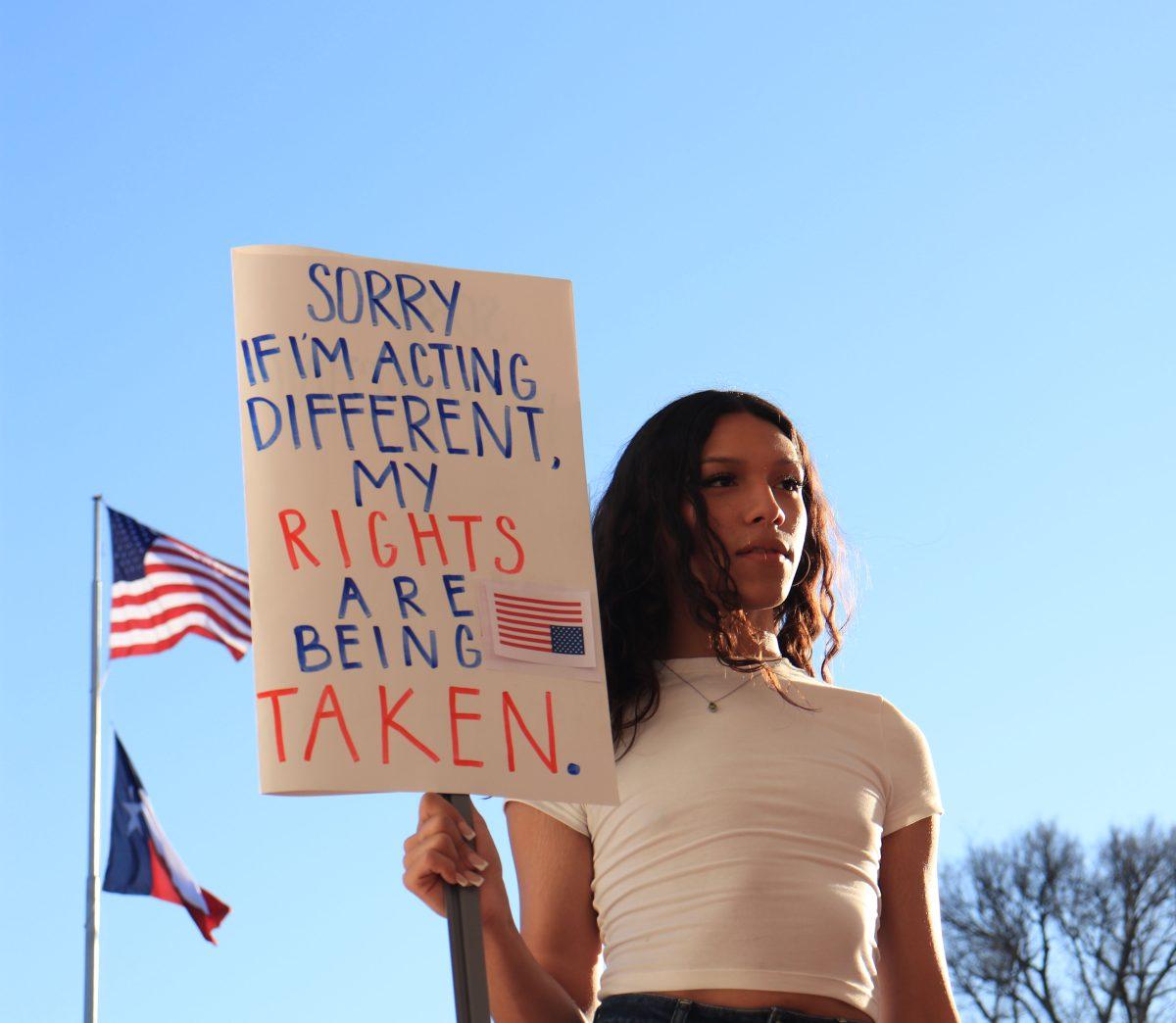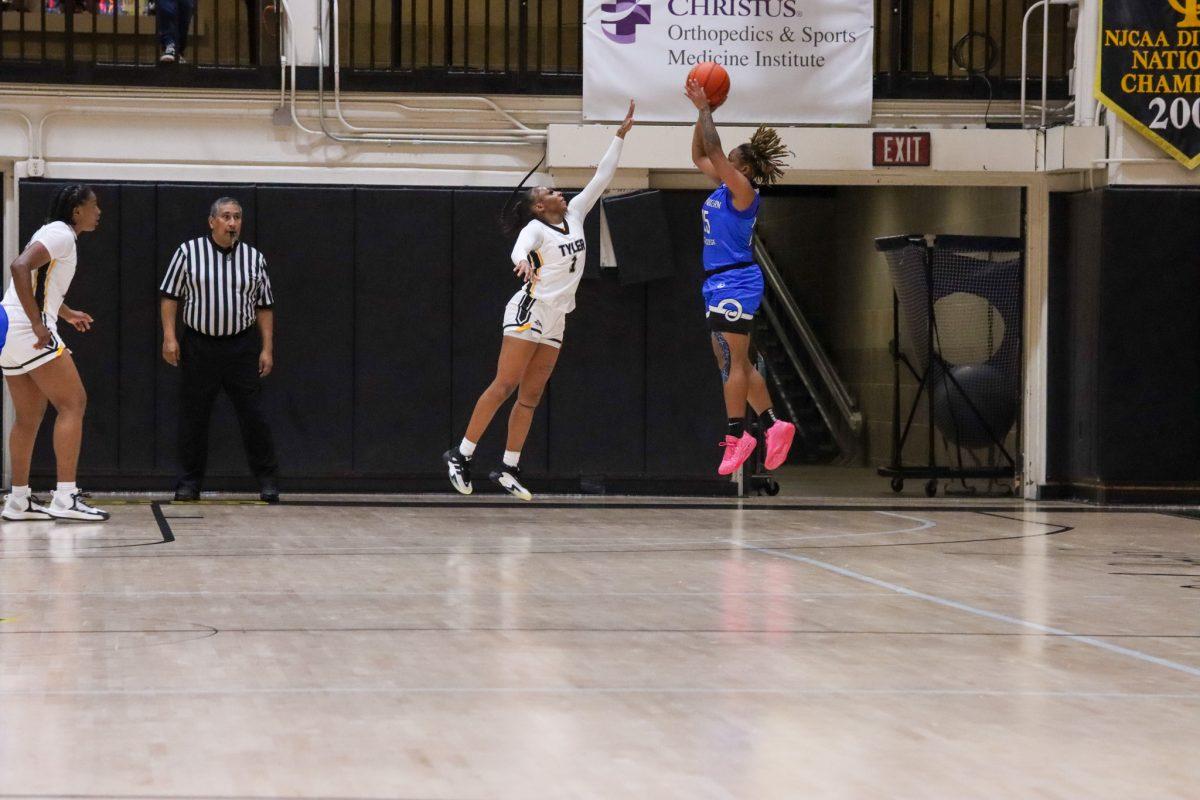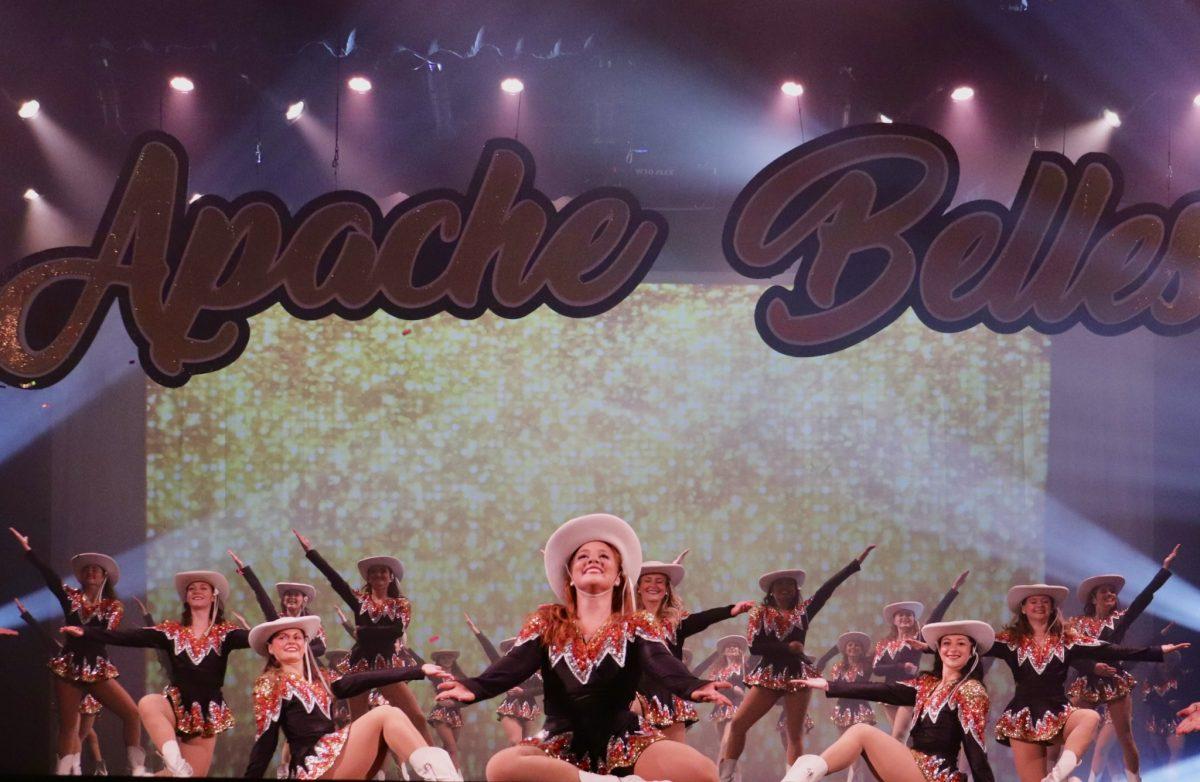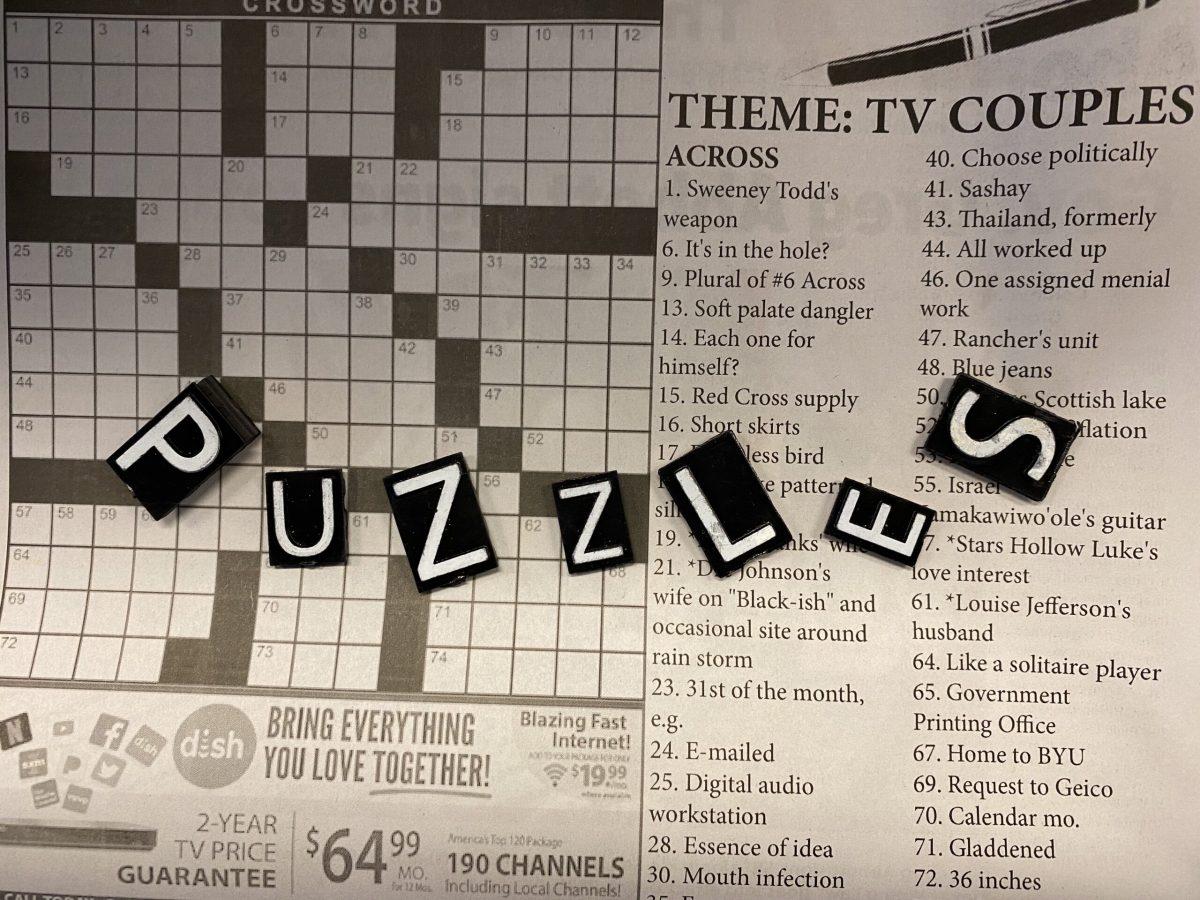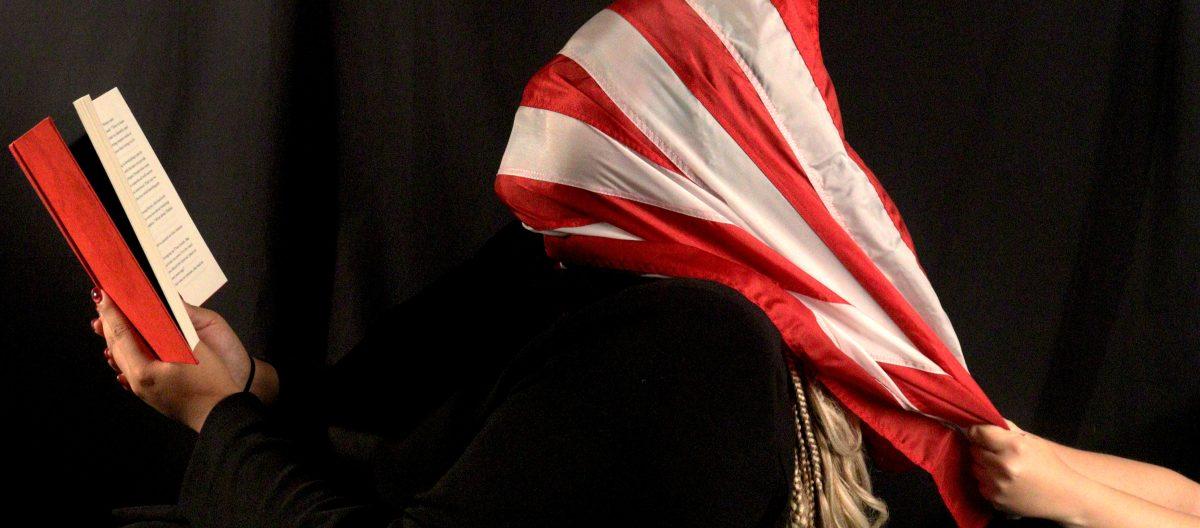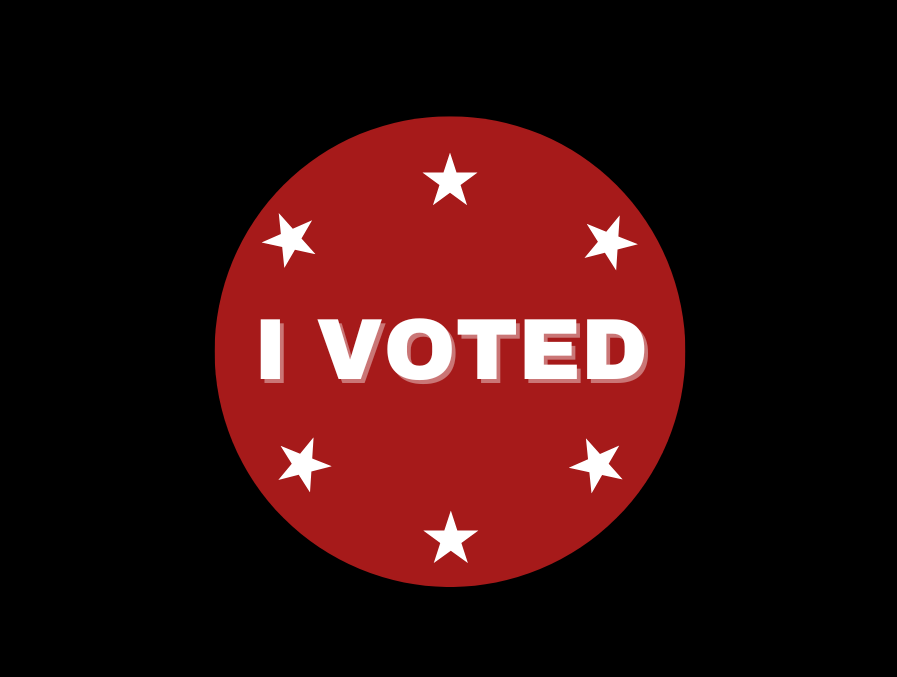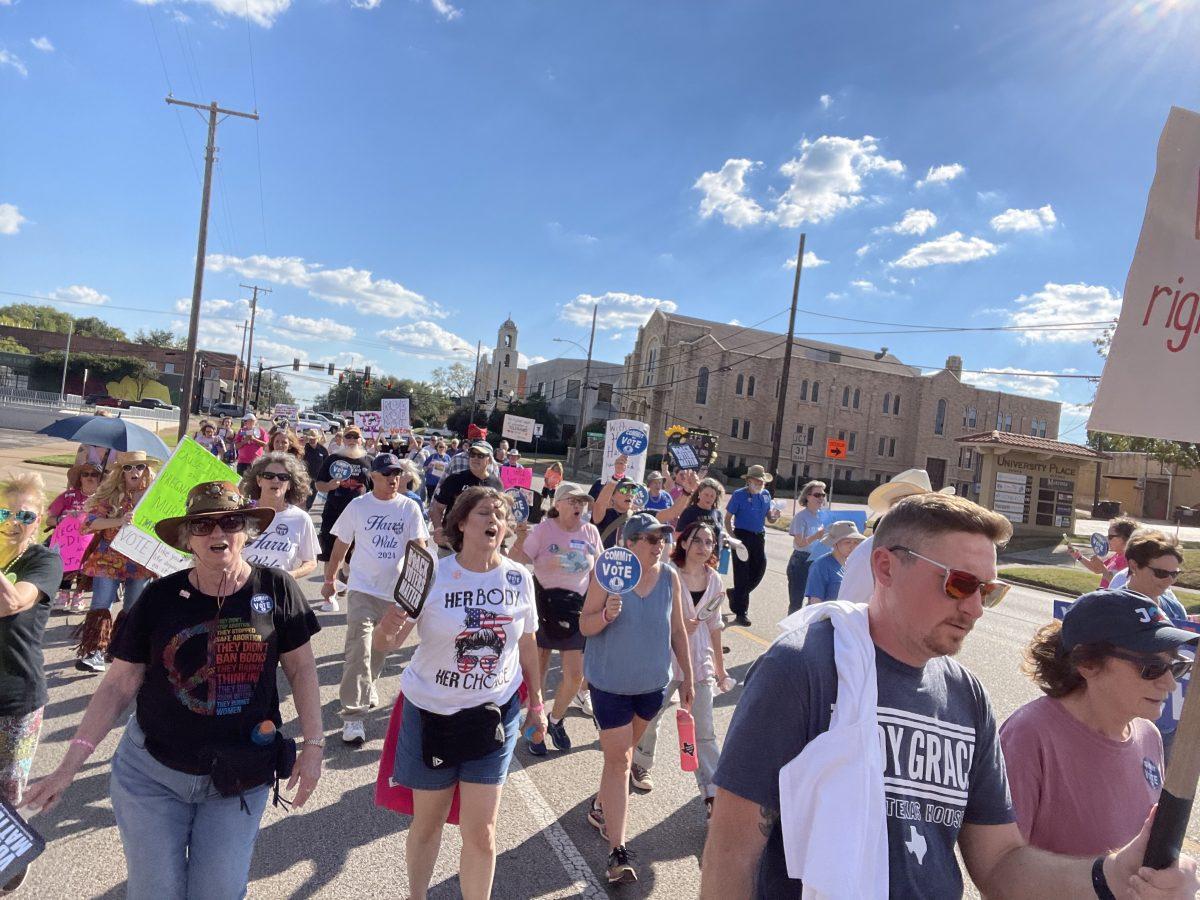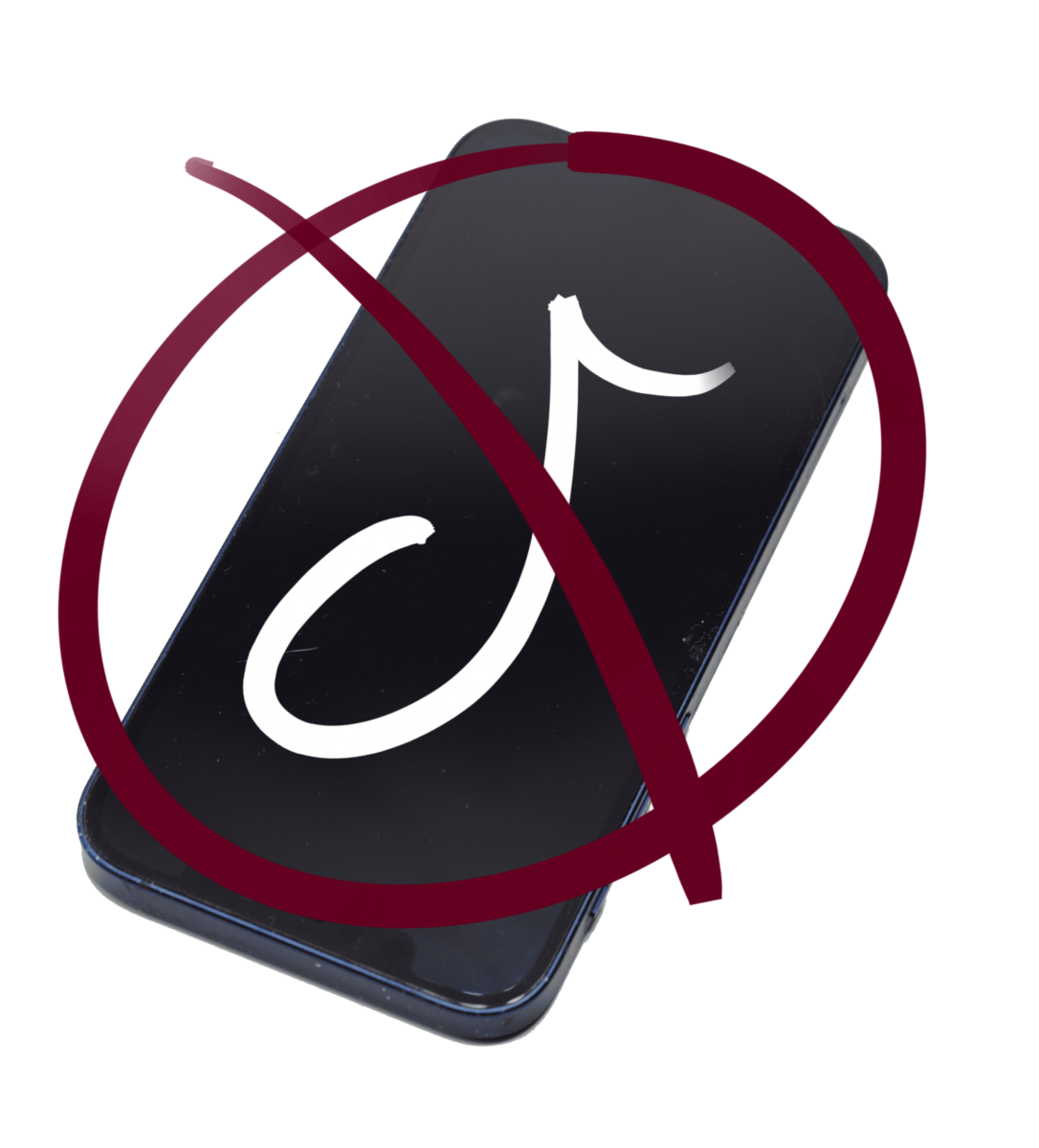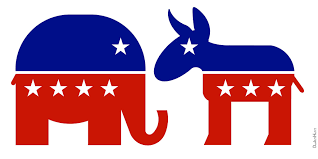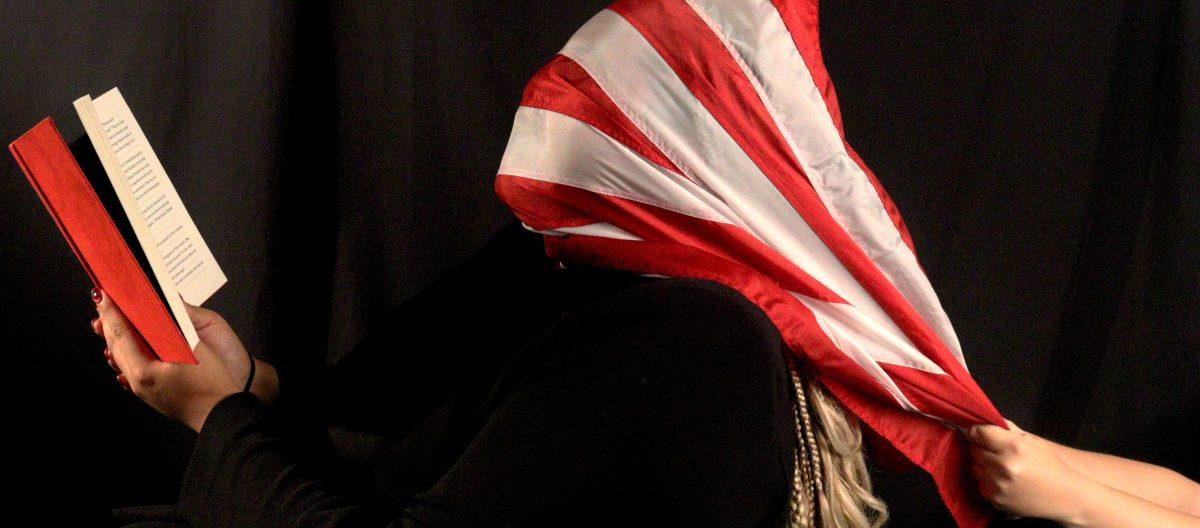
The 2024 presidential election left the world with an inside view within the modern era of politics. This election will leave a lasting affect on American History and how social media crosses over within politics.
A Bratty Year
The Collins Dictionary defines the term, “brat”, as a someone who is confident, independent, and has a hedonistic attitude. Harris has proven to the citizens of the U.S. that she is a “brat” who devotes herself to best serving the nation in a way that shows that she has a level of determination and strength unmatched within America’s modern government. Running a campaign in the midst of generations of Black women like Shirley Chisholm who sacrificed their livelihoods for a Black woman to be in government, a former president who has never stopped campaigning since 2016, and a late start to launching her campaign can be a recipe for a hell for a presidential campaign. Kamala Harris needed to have a massive turn around for her late campaign start in July 21. America is the prime suspect and witness to its own historical downfall by failing to recognize its own faults. Harris’ election is a testament to not only how America has failed itself but highlights how her determination paved a shimmering yellow brick road for the Black girls who dare to crossover into the Emerald City of American Government, the White House.
Simultaneously, as her team was planning how to promote her into the president’s chair, a No.1 Dance / Electronic Billboard charting album by the name of “Brat” (by Charli XCX) took the 2024 summer by storm. The “BRAT” press tour projected Charli XCX into social media stardom with “BRAT” taking over the summer, multiple social media platforms, and even the year as shown by BRAT winning Collins Dictionary’s word of the year. The political side of media depicted Harris facing a challenge unheard of in the world of politics. The start of Harris’ campaign and the “BRAT” press tour was a coincidence that turned into a whirlwind of a press release stunt. Politics and entertainment made a historical crossover with Charli XCX posting a three-word statement on X/Twitter, “Kamala is Brat.” This small statement led to 61 million viewers interacting with this post and millions of Charli’s fans rushing to Kamala’s campaign. This caused a series of social media posts referring to Kamala being “Brat.” On TikTok, an edit (a sequence of clips with music turned into a video format that is typically used for entertainment purposes) made by @jqsids using clips of VP Harris’ speeches, a brief sample of “360” by Charli XCX, and voiceovers from her previous speeches and social media videos gained 26.3 million views. These examples and numerous posts unified the two differing media spheres to help Harris reach a total of $1 billion dollars for her campaign within a few weeks. Ranging from her surprise TV appearance on the View, SNL’s episode right before the election to the radio and podcast shows “Call Her Daddy” and The Howard Stern Show, Harris was able to have the world and screen-wide press tour of her dreams along with having a media team Harris HQ on most media platforms.
Horrors of History
American history was and still is paved with the struggles of Black people, especially Black women, having a narrative in politics and Black history. Nearly 90 years after America was founded, the 13th Amendment, the amendment that ended slavery, was enacted in 1870. Before 1865, Black people, especially Black women, didn’t have the right to read, write, own property, nor the right to their personhood outside of their master. The liberation of Black women and men didn’t stop at the 13th Amendment. The 14th Amendment followed suit to give Black people equal citizenship as their peers. A few years after, the 15th Amendment gave Black men the right to vote in office. The Deep South countered the progression of Black people’s rights by adopting the Jim Crow Rights into legislation. The Missouri Compromise, in 1877, legalized citizens having to take an intense literacy test and a poll tax that disadvantaged Black people. Between 1880 and 1900, the U.S. Census Bureau showed that 74% of Southern African Americans were illiterate and later, in 1900, 50% of Black men were not able to read. A historical document provided by “FRASER” shows the taxes of $1 to $2 a year were a majority of the common wage at the time ($2.24 in 1877). No matter if a Black person could pay this tax, the voting clerk could deny their vote for any reason, including skin color.
A case in 1896 named Plessy v Ferguson went from a case about a Black person not being allowed into a taxi cab because of his race to the case ruling in the favor of legalizing Jim Crow’s laws in America. The restrictive rules of Jim Crow existed in the South before in the sundown towns like an old Oklahoma slogan, “A Good Place to Live…No Negroes.”
Black Americans that would deal with racist signs like this didn’t let the law restrict them indefinitely.
These advancements in Black History didn’t fully apply to Black women because these amendments were mainly geared toward Black men. It took Black women 50 years to get a sliver of the rights of their Black peers when the 19th Amendment. The right for women to vote was passed in 1920 only for them to face yet another struggle. Black people endured racism within voting. The struggles of African Americans making their vote count only paved the way for Shirley Chisholm to be the first African American woman to be voted into the U.S. Congress in 1968. Chisholm stayed “Unbought and Unbossed” in the House of Representatives from 1969 to 1983 and became the first woman to run for the Democratic Party’s nomination of the Presidency in 1972. University of Kentucky Professor of Africana and African American Studies, Anastasia Curwood, mentioned in history.com’s article, “Why Shirley Chisholm Ran for President,” how Chisholm “ran to win, but she knew she wouldn’t win. Her objective was to create a coalition and then influence the eventual nominee at the convention.” When the “eventual nominee” ended up being Harris, data from “PBS News” showed her objective came to fruition with 89% of Black women voting for Harris.
The Unknown Unknowns
As stated in a survey, with 1,103 respondents, led by the Center for American Women and Politics from 2022, showed that Black women in politics are perceived to be angry and aggressive compared to the other demographics. This survey supports the fact that discrimination against Black women in politics still exists and its relevance shows it could possibly have had an effect on the popular vote. On Nov. 9, electoral and popular vote showed that Kamala Harris lost the Presidential election by over three million in the popular vote and 86 votes in the electoral votes. This left the Democratic Party and nationalities that could be affected by what President elect Donald Trump promised our nation varying from lowering taxes to fully ridding Diversity Inclusion Statements within all education not limited to colleges and moving forward with anti-trans legislation.
This massive loss isn’t just leading to the possible demise of the progress that Black people have made in politics. It also leads to a future that is unknown.
The effects of this political movement are coming into play now. In this time of uncertainty, Kamala Harris made a speech, ending her campaign’s run for office. She left us with this statement, “The important thing is, don’t ever give up. Don’t ever give up. Don’t ever stop trying to make the world a better place. You have power. You have power. And don’t you ever listen when anyone tells you something is impossible because it has never been done before.”
The perseverance of Black women never stopped at the struggles shown in Black American History. “The adage is, “only when it is dark enough can you see the stars.” I know many people feel like we are entering a dark time, but for the benefit of us all, I hope that is not the case. But here’s the thing, America, if it is, let us fill the sky with the light of a brilliant, brilliant billion of stars, the light of optimism, of faith, of truth and service.” In the darkness of this recent election, there is a chance of a future where we can see the aforementioned stars stated in Harris’ speech.







